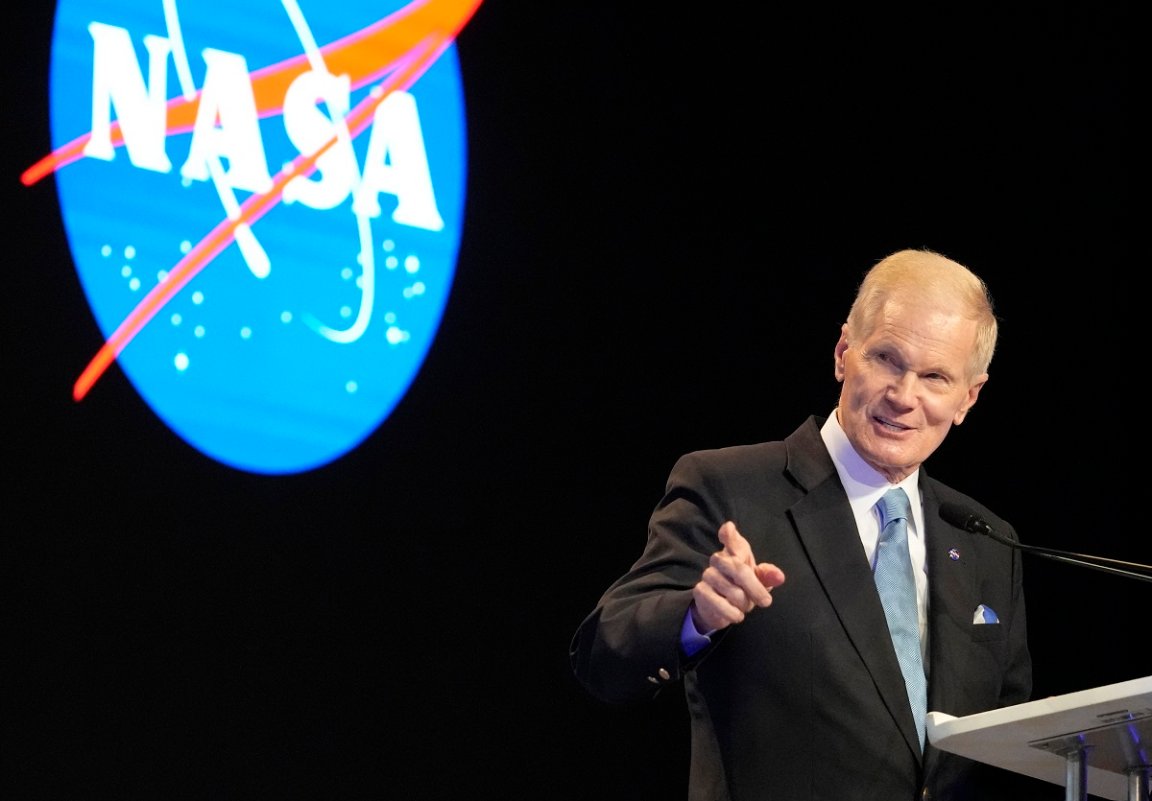
Heartbreaking
NASA’s Artemis missions, which seek to put humans back on the Moon for the first time in more than half a century, have been billed as a feat of diversity in a historically hegemonic field. But while the crewed Artemis II and III missions will both see their fair share of diversity firsts, it seems that inclusivity efforts at the Artemis missions’ home base, Florida’s Cape Canaveral, aren’t quite there yet.
As electrical engineer Robin Witt told The Stranger, Florida’s increasingly extreme anti-transgender laws left Witt, a transgender woman, no choice but to quit her job at a NASA-contracted engineering firm called ERC — a heartwrenching decision that, according to Witt, cost her a lifelong dream.
“That was my dream — that is my dream,” Witt told the Stranger while recalling the launch of the Artemis I rocket, a spacecraft she helped build. “That was the greatest moment in my life… Nothing I’ve ever seen before — and probably ever will see again — will compare to that moment.”
No Place Like Home
Anti-trans measures have grown increasingly severe in recent years under the guidance of current Florida Governor and less-than-still-kicking presidential hopeful Ron DeSantis, who has made anti-LBGTQ+ efforts central to his platform. Under DeSantis’ leadership, Florida has passed numerous pieces of anti-trans legislation, including 2022’s Parental Rights in Education Bill, a revival of outdated “Don’t Say Gay” policies. The state has also seen a number of book bans that specifically target queer texts.
Witt, who had lived in Florida since elementary school, as she told the Stranger, described the state’s fast-moving and severe changes as “drastic.”
“Last year, I was talking about wanting to support the next launch and doing all that,” Witt, who has since relocated to Chicago, told the Stranger. “And now, I can’t leave fast enough.”
“It feels like I’m being chased out,” she added later. “Everything that’s happening, it makes me afraid for my life. It makes me afraid for my friends’ lives. I feel grief, just an incalculable level of grief.”
Witt’s account is troubling, and serves as a reminder that though NASA might be a federal body, the folks on the ground working for the agency and its contractors are still subject to the laws and attitudes of the states in which NASA conducts its business. And though NASA might be putting diversity at the public center of its Artemis missions, it seems that the less-visible folks behind the Artemis rockets and other missions — one of whom, in this case, was forced to choose between their human rights and their dream role — are getting left behind.
More on the Artemis I rocket: Amazing Video Shows Artemis I Leaving Earth Behind